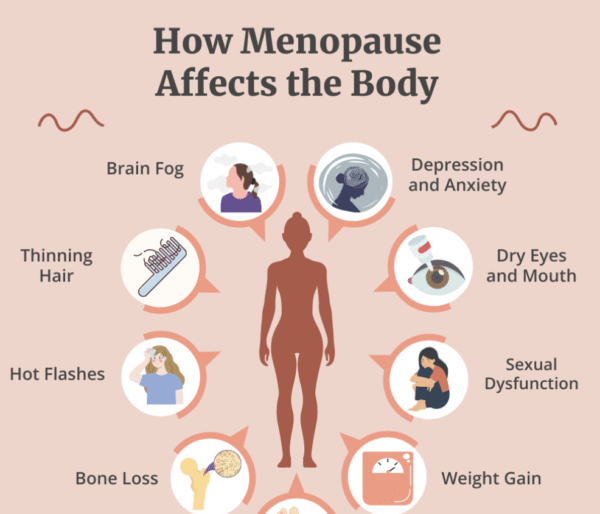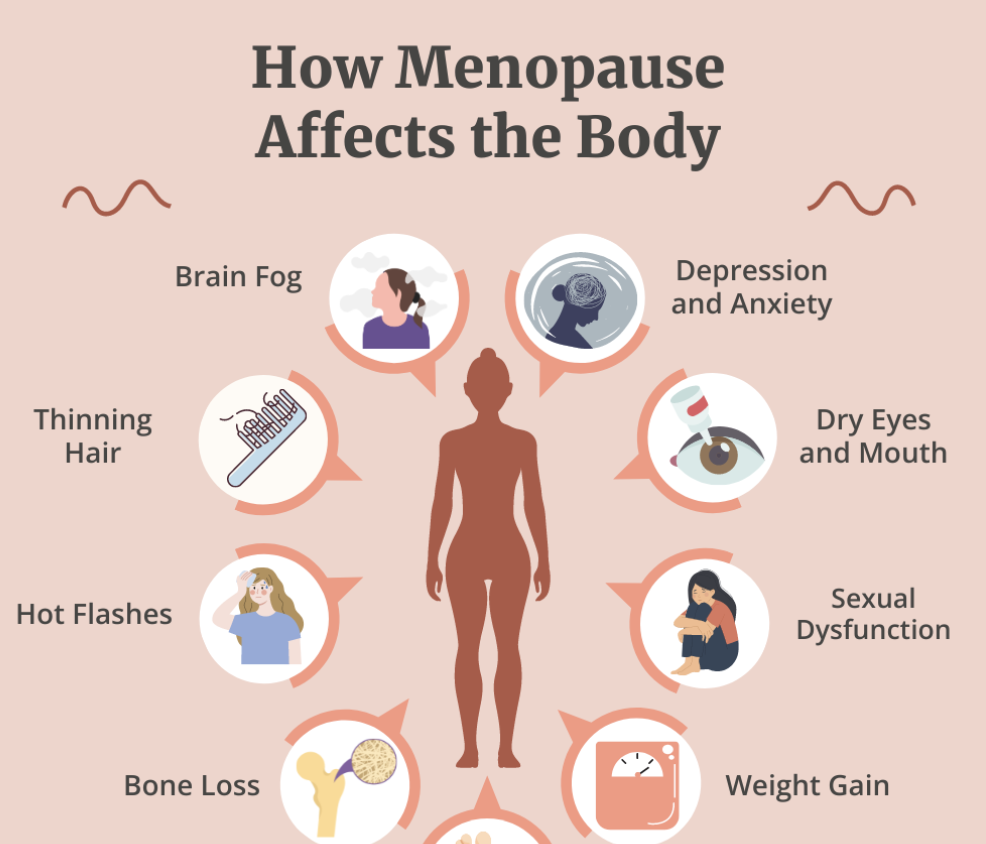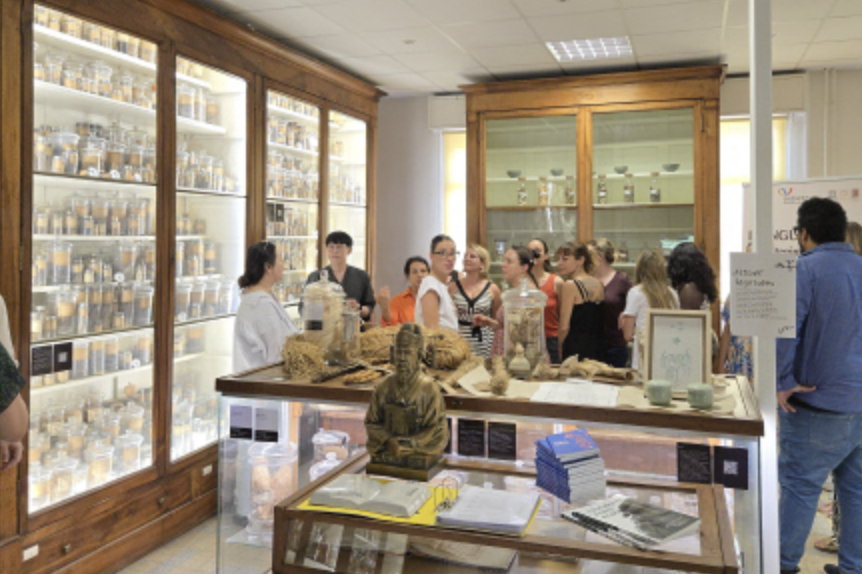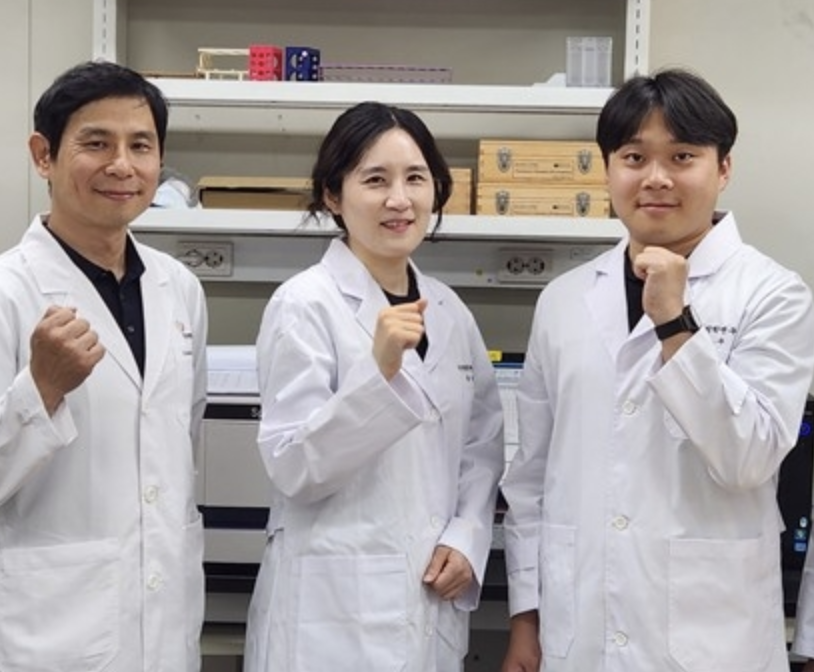
Korean ginseng shown with supplement capsules, popular among menopausal women seeking natural support.

Menopause, a natural biological transition, brings a wave of physical and emotional symptoms for millions of women worldwide. From hot flashes and night sweats to fatigue, depression, and cognitive fog, the journey can be overwhelming. As the search for natural remedies intensifies, Korean ginseng (Panax ginseng) has emerged as a scientifically supported option for alleviating menopausal symptoms. This article dives deep into the research-backed effects of Korean ginseng on menopausal women, compares it to American ginseng, and presents real-world insights from long-term users.
👉 Discover the Benefits of Korean Red Ginseng
The Science Behind Ginseng and Menopause Relief
Korean ginseng contains powerful active compounds called ginsenosides, known to modulate hormonal activity, boost energy metabolism, and enhance brain function. Several peer-reviewed studies have investigated its effects on menopausal symptoms:
A 2021 randomized clinical trial published in the Journal of Ginseng Research found that women taking Korean red ginseng experienced significant improvements in hot flashes, mood swings, and sleep quality compared to placebo.
Another study in Menopause (2020) showed reduced fatigue and enhanced vitality in postmenopausal women who consumed 3g of ginseng extract daily for 8 weeks.
A Korean study involving 72 women aged 45–60 showed improved estrogen levels and bone density after 12 weeks of ginseng supplementation.
These effects are attributed not only to hormone modulation but also to Korean ginseng’s adaptogenic properties, which help the body manage stress and restore balance during hormonal fluctuations.
Korean Ginseng vs. American Ginseng
While both Korean and American ginseng belong to the Panax family, their effects differ significantly:
| Feature | Korean Ginseng (Panax ginseng) | American Ginseng (Panax quinquefolius) |
|---|---|---|
| Primary Effect | Stimulating & energizing | Calming & cooling |
| Ginsenoside Type | Rg1, Rb1, Rf (higher variety) | Re, Rb1 (fewer active components) |
| Ideal for | Fatigue, hormonal imbalance, low libido | Anxiety, mild energy boost |
| Clinical Evidence | Stronger for menopause support | Limited menopause-specific trials |
Thus, Korean ginseng is generally preferred for menopause-related fatigue, estrogen support, and cognitive decline.
Physical vs. Mental Fatigue Relief in Menopause
Menopausal fatigue isn’t just physical; many women experience mental burnout due to declining estrogen and neurotransmitter levels.
Physical fatigue: Ginseng improves mitochondrial function, increasing energy production at the cellular level. Studies confirm enhanced oxygen uptake and reduced lactic acid buildup during physical exertion.
Mental fatigue: Korean ginseng supports cognitive resilience by modulating the hypothalamic-pituitary-adrenal (HPA) axis. A 2018 double-blind study in Psychopharmacology showed improved working memory and reduced cortisol levels in ginseng users.
Women who took ginseng consistently reported enhanced focus, better mood stability, and improved motivation to engage in daily activities.
Real-World Testimonials and Consumer Reviews
“After 2 months of taking Korean red ginseng extract, I could sleep through the night without waking up drenched in sweat. My energy levels are back, and I feel like myself again.” — Linda M., 52, USA
“I was skeptical at first, but after my doctor suggested ginseng, I noticed my mood swings have drastically reduced. It’s not a miracle cure, but it’s made this phase of life much more manageable.” — Jiyoung K., 49, Korea
Multiple consumer reports on Amazon and Korean herbal forums echo these sentiments, citing increased libido, reduced joint pain, and better mental clarity.
Long-Term Benefits of Consistent Ginseng Use
The effects of Korean ginseng grow stronger with consistent intake. Clinical data and longitudinal studies suggest the following long-term benefits for menopausal women:
Improved bone health: Estrogen-like effects support bone mineral density, reducing osteoporosis risk.
Cardiovascular support: Ginsenosides improve circulation and lower LDL cholesterol.
Immune enhancement: Enhanced resistance to infection and inflammation.
Mood regulation: Ginseng may reduce depression by increasing serotonin and dopamine levels.
Importantly, no severe side effects were reported in long-term studies when used in standardized doses (1–3g/day). However, it’s best to consult a healthcare provider before starting ginseng, especially if taking hormone therapy or medications.
Conclusion
Korean ginseng is more than a traditional tonic—it’s a powerful, natural ally for menopausal women. Its scientifically proven ability to restore hormonal balance, reduce fatigue, and improve quality of life makes it a top-tier option in natural menopause management. When compared to American ginseng, its broader ginsenoside profile and energizing effects position it as the superior choice for women seeking long-term vitality during midlife transitions.
👉 Discover the Benefits of Korean Red Ginseng
#KoreanGinseng #MenopauseRelief #GinsengBenefits #NaturalHormoneSupport #WomensHealth







